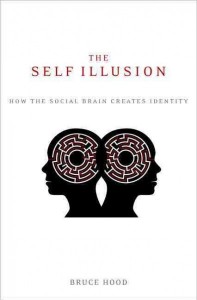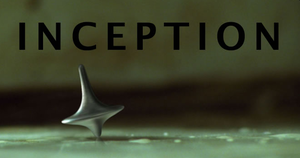The Self Illusion: How the Social Brain Creates Identity, Bruce Hood, OUP, 2012, pp: 349. ISBN 978-019-989759-9

Prof. Bruce Hood is the Chair in Developmental Psychology at the University of Bristol, UK. He started off his graduate work in Psychology a couple of decades ago studying the gaze of new born infants, tracking their eye movements and what excites them to take in the world they look at. From then on grew his curiosity to know how a ‘self’ gets ensconced in the innocent minds of the babies and grows to the Himalayan proportions in the grownup egos — some turning out to be Osama Bins or Hitlers and others, well, a you and a me. Bruce presents lucidly a captivating and absorbing narrative of not only his research findings but also that of a plethora of Psychologists and Neuroscientists from different parts of the world. He does not, however, preach sitting on a high pedestal condescendingly giving the reader exercises for self-improvement as we usually find in the books authored by Psychologists. (In fact that was my peeve about the excellently written work of Gary Marcus, “Kluge: The Haphazard Evolution of the Human Mind”, 2009).

Fig 2. Kanisza Square
But how could he? As so well argued by him, rather to the consternation of many Westerners unaccustomed to this kind of thinking, there is no entity, a ‘self’, present in you waiting to be improved. “Most of us believe that we have an independent, coherent self – an individual inside our head who thinks, watches, wonders, dreams, and makes plans for the future. This sense of our self may seem incredibly real, but a wealth of recent scientific evidence reveals that it is not what it seems — it is all an illusion.” He illustrates the point using the Kanisza square (see Fig 2). Yes, you see a square alright. But remove the four Pac-Men in the corners. Where is the square? Continue reading →







